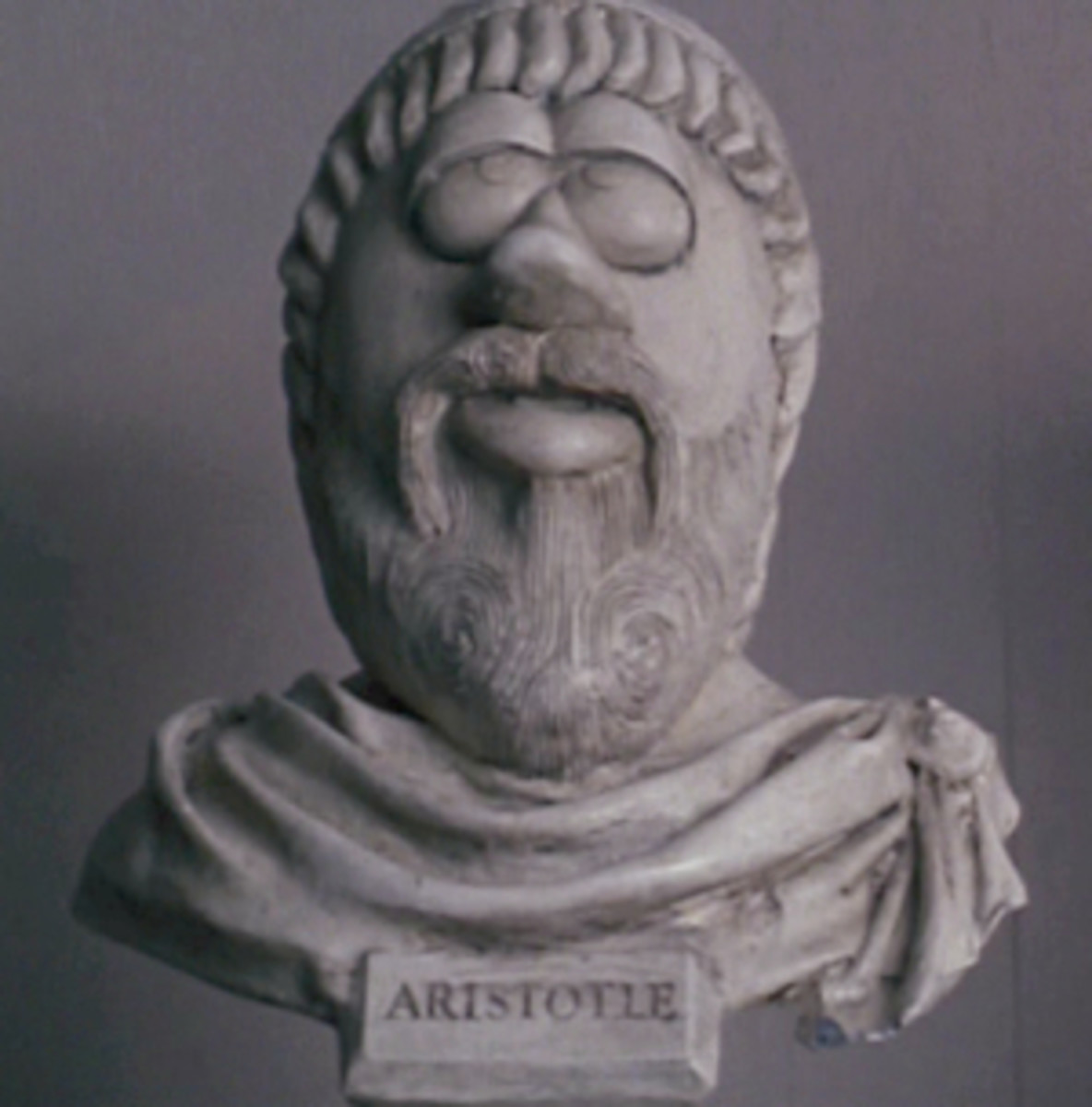Poetic Form: Abecedarian

Angel-heart of fire,
Beneath your breastplate a hidden
Conflagration of consuming love
Denied only by your strength to deny
Every would-be lover’s imperfect sincerity.
From what ray of sunlight beaming down
Gloriously like the very face of the Almighty
Have you seen, sweet warrior, springing out
In his sudden obvious perfection
Joyous and strong, radiant with power
Kindling in his armor-piercing eyes
Lance-like to slay the dragon of your
Mistrust? And what of me, my only crime
Not of scheming to possess or malice to own
Only lust to see your beauty freed?
Pretend no more to hold for me only
Queenly indifference, for I see
Rising in your cheeks beneath your visor
Scarlet the heat of your true regard.
Tenderly lethal, you woo me.
Under your spell I am only desirer.
Victory lies for me
Wherein, fairest danger, I lie with you ...
Xena.
The abecedarian form is an enjoyable brain teaser to challenge your poetic skills. It’s great exercise and often produces surprisingly appealing results.
Abecedarian, as the name might suggest, is based on the alphabet. Originally based on the Hebrew alphabet, you can find it in the Book of Psalms - Psalm 118 or 119 depending on whose Bible you are reading. As originally conceived, in this form each consecutive line begins with a word that begins with the next letter of the alphabet, beginning with the letter “A” and from there to “B”, “C”, “D”, etc. This kind of Abecedarian poem is commonly called an alphabet (or alphabetical) poem.
If you can use the whole alphabet, good for you, but you don’t have to, by any means. The Abecedarian poem can be any length, but I suspect that such a poem less than four lines long would be difficult to identify as such. Often I have seen Abecedarian poems appear within free verse, where they make a stable and surprising change of voice.
In the preceding poem I tried to keep the syllables per line more or less consistent as well as the rhythm. Also I tried to make every first word strong. Syllable stress, rhythm and number of syllables are some of the tools I use to strengthen the form of a poem. This particular form demands none of these things, but they can be used if the poet chooses to do so.
In modern usage, an Abecedarian poem can be a poem in which alphabetical order rules over the form in unexpected ways. For example, the word at the beginning of each line could begin with the same letter, but in each consecutive line the first word occurs later in the dictionary than the first word of the previous line. For example:
Vainly I feign disinterest, so
Variable your textures
Variously smooth and whiskery
Vascular blue filigree
Varying topography of hill and valley
Veracity demands I confess the rising
Volcanic pressure of my desire
Volcano of my love on fire, I must
Volunteer willingly to tease awake the
Voussoir of your love
Taking a closer look at this, the line breaks look a little strained – a big risk whenever one tries to comply strictly with a form. The modern solution: break the form. A result might be something like this:
Vainly I feign disinterest, so variable
Your textures, smooth and whiskery,
Vascular blue filigree mapping your topography
Of hill and valley. Veracity demands I confess
The rising volcanic pressure of my desire -
Volcano of my love on fire -
I must volunteer willingly
To tease awake the voussoir
Of your love
Some would still consider the above to be a version of the Abecedarian form, but I respectfully submit that one can come to a point where the identity of the form no longer matters. There is still a form, but who cares what the form is called as long as it makes the poem stronger and more memorable? Form is a tool the poet uses to shape their work; form should be controlled by the poet, not the poet by the form.








